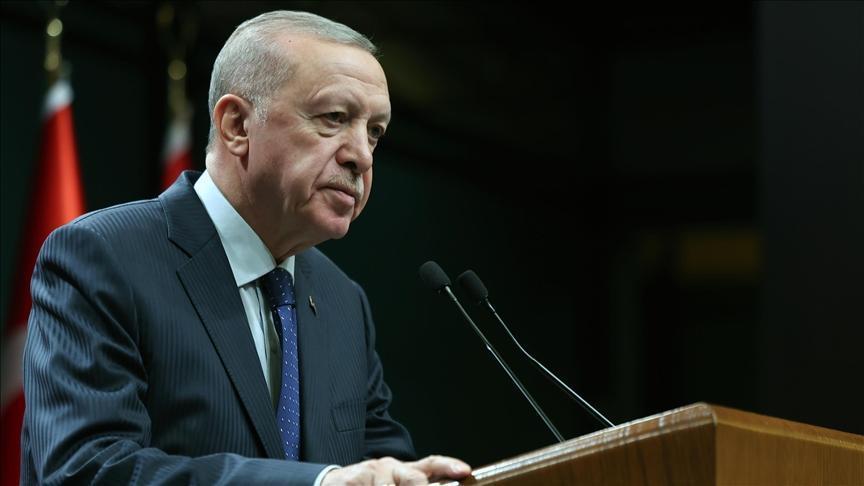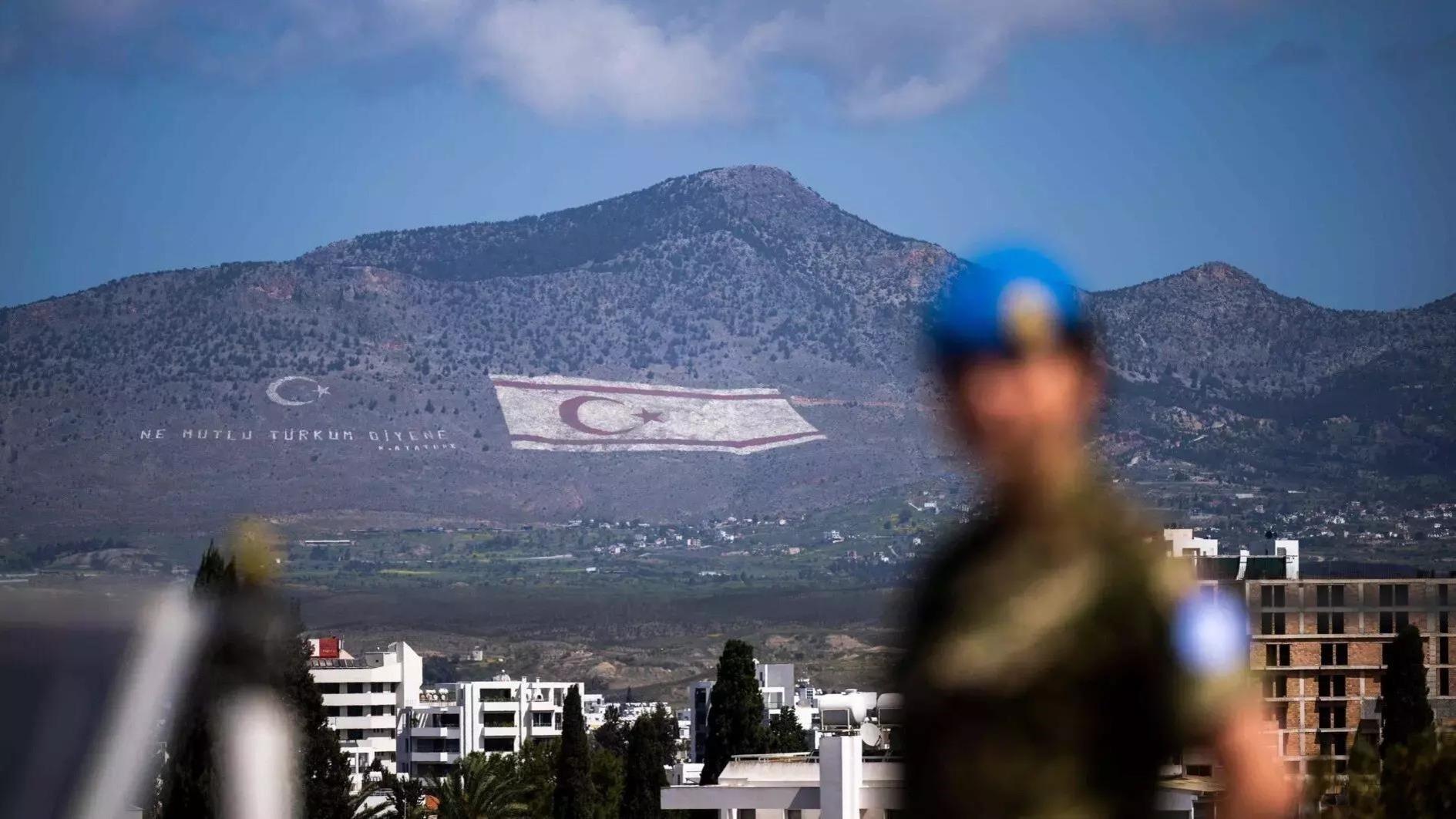A US foreign policy shift?
I am not a keen observer of U.S. domestic politics and, as such, am not very excited by the U.S. presidential campaign, but I happen to be in the U.S. (Stanford University in California) for a month that coincides with the presidential election campaign. So, I can not avoid following the details of the Barack Obama-Mitt Romney race. Still, I want to leave it to experts of U.S. politics to analyze the election campaign. As for me, it is a chance to follow the presidential debates on foreign policy more closely.
First of all, we need to acknowledge that the attack on the U.S. consulate in Benghazi and subsequent assassination of the U.S. ambassador to Libya has dealt a big blow to Obama at such a critical moment of the election campaign. Despite the efforts of the Obama camp to classify the matter as an issue of “national interest” that was not to be used for domestic political gain, the Democrats could not prevent the Libyan issue from becoming a focus for debate on foreign policy. The debate started with questions about the responsibility of the Obama administration for the security failure in Libya, but quickly evolved into a full-fledged criticism of the “Obama doctrine.” Obama was targeted by vice presidential candidate Paul Ryan for not naming and acknowledging the “terrorist attack” for the first two weeks.
Republicans claim that the problem, in fact, goes back to Obama’s Cairo speech in 2009, “in which he suggested that the tensions between America and the world’s Muslims are largely America’s fault.”
It’s nothing new for Republicans to use every opportunity to challenge Obama for being soft on “Islamic extremism.” Nevertheless, the Libyan case has given a golden opportunity to Republicans to “prove” their point and sound more convincing in the eyes of American voters without risking being labeled as being merely “hawkish.”
Obama, now, is being criticized for defining “America’s enemy not ideologically but institutionally as al-Qaeda and its affiliates” and for failing to realize the consequences of this approach. It means that even if Romney looses the election, the debate generated by the Libya attack will have a great impact on U.S. foreign policy concerning the Muslim world and particularly the Middle East.
It seems that the U.S. and the Western world were already alarmed by the rise of Islamists in the aftermath of the so-called Arab Revolutions. I think that such concerns have already had a great impact on policy changes and resulted in the U.S. being more reluctant to get involved in the regime change process in Syria. I think that we will witness a shift in U.S. policies concerning the relations not only with the “extremists” but also with the so-called moderate Islamic forces and regimes in the region, regardless of who wins the election.











